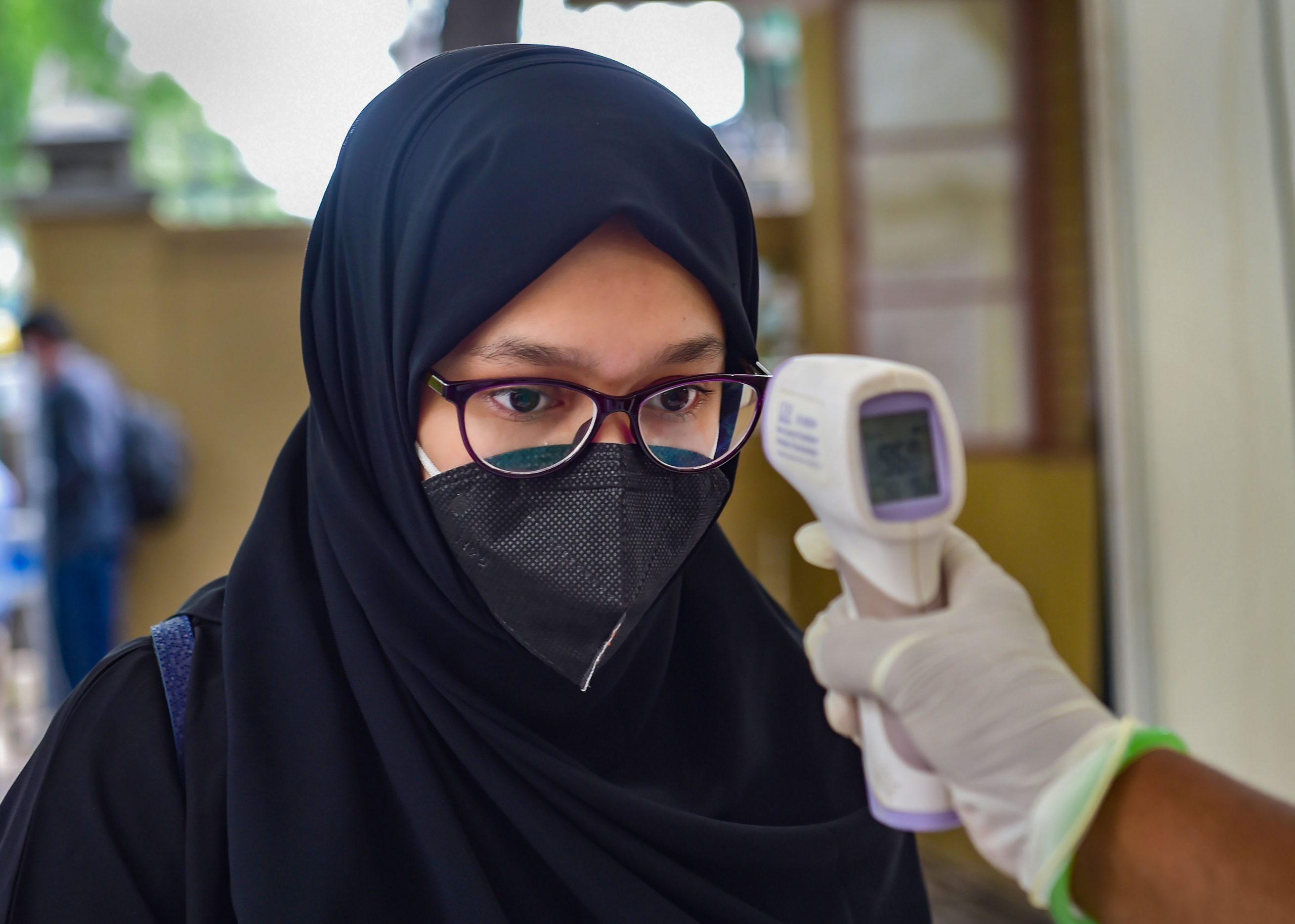In what could explain Kerala’s high daily COVID count, the latest sero survey has said that the state has the lowest exposure to Sars-Cov-2, with only 44% of the population projected to have been infected till early July compared to nearly 79% in Madhya Pradesh and 67% overall across the country. Seropositivity signifies the presence of antibodies in the blood serum. Lower the sero-exposure, higher are the chances of infection.
Kerala currently accounts for 50% of all cases in India. The state’s Wednesday count was to 22,056 from the total cases of 43,240.
Also read: The difference between the Delta and Delta Plus variants of COVID-19
The study, conducted by Indian Council of Medical Research (ICMR), surveyed 29,000 people in the southern state. The sero survey explains Kerala’s current high numbers and also points to better detection of infections as compared to any other region.
Also read: List of countries safeguarding themselves from COVID’s Delta variant
“(The findings) reinforces my point that case numbers mean very little, without sero-surveys to inform what fraction is being detected. This data fits better the severity of the second wave ,” said Anurag Agarwal, director of the Institute of Genomics and Integrative Biology (IGIB), according to hindustantimes.com. He added that this also means the second wave will “run longer for Kerala and Maharashtra because of less steep rise”.
Madhya Pradesh leads the chart with 79% seroprevalence. Other low sero-positivity states are Assam with 50.3% and Maharashtra 58%.
Also Read | Should fully vaccinated people wear masks? Read what WHO has to say
At least two-third of the population surveyed in 11 states were found to have developed coronavirus antibodies. The findings of the fourth round of national serosurvey across 70 districts of India was shared by the Union Health Ministry on Wednesday.
Seroprevalence was found to be 76.2 per cent among the surveyed population in Rajasthan, 75.9 per cent in Bihar, 75.3 per cent in Gujarat, 74.6 per cent in Chhattisgarh, 73.1 per cent in Uttarakhand, 71 per cent in Uttar Pradesh, 70.2 per cent in Andhra Pradesh, 69.8 per cent in Karnataka, 69.2 in Tamil Nadu and 68.1 per cent in Odisha.
The Health Ministry has advised states and union territories to conduct seroprevalence studies of their own in consultation with the ICMR to ensure that those studies follow a standardized protocol. The findings of such surveys help experts tackle the pandemic better.







